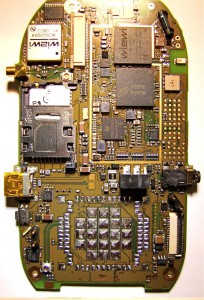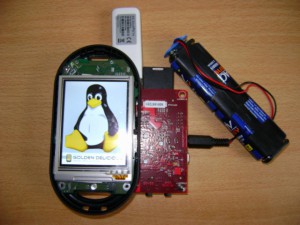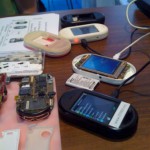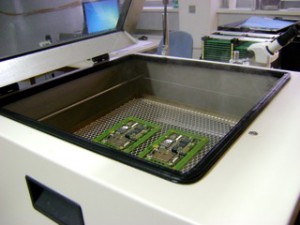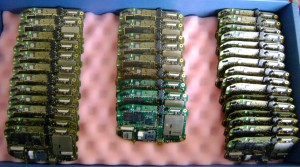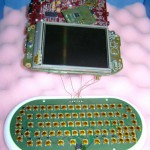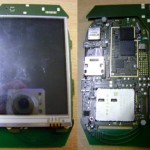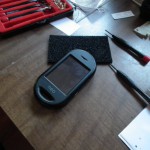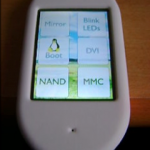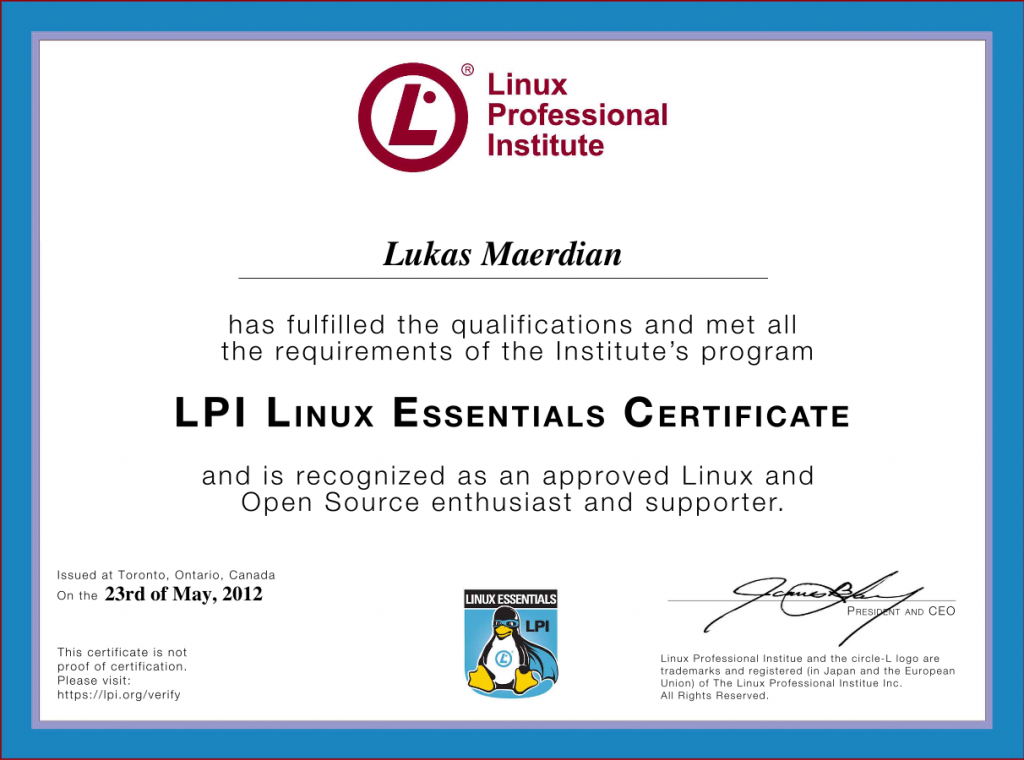I’m happy to announce that Netplan version 1.1 is now available on GitHub and is soon to be deployed into a Debian and/or Ubuntu installation near you! Six months and 120 commits after the previous version (including one patch release v1.0.1), this release is brought to you by 17 free software contributors from around the globe. 🚀
Kudos to everybody involved! ❤️
Highlights
- Custom
systemd-networkd-wait-onlinelogic override to wait for link-local and routable interfaces. (#456, #482) - Modification of the
embedded-switch-modesetting without virtual-function (VF) definitions on SR-IOV devices (#454) - Parser flag to ignore individual, broken configurations, instead of not generating any backend configuration (#412)
- Fixes for @ProtonVPN (#495) and @microsoft Azure Linux (#445), contributed by those companies
Releasing v1.1
- CI: adopt autopkgtest for 1.0-1 on 22.04 by @slyon in #446
- tools/keyfile_to_yaml: display the generated YAML by @daniloegea in #452
- tests: import the config fuzzing tests by @daniloegea in #453
- ATTN: parse/bonds: handle same primary in multiple bonds by @daniloegea in #451
- sriov: accept setting the eswitch mode without VFs (LP#2020409) by @daniloegea in #454
- Custom systemd-networkd-wait-online override to wait on interfaces. (Closes: #1008995) (LP#2060311) by @slyon in #456
- Ignore bad NetDefs and files via parser flags by @daniloegea in #412
- networkd:apply: Drop handling of legacy wpa@ instance units by @slyon in #471
- migrate: support aliases by @Kristof0127 in #473
- networkd: add ipv6 ra overrides (LP#1973222) by @KhooHaoYit in #461
- netplan status –diff fixes and improvements by @daniloegea in #466
- apply: make sure that networkd is restarted when needed by @alfonsosanchezbeato in #449
- Don’t escape certain non-ascii characters by @daniloegea in #486
- networkd: make s-n-wait-online wait for at least one routable interface by @slyon in #482
- networkd: Implement ipv6-address-generation: stable-privacy by @tatokis in #480
- Implementing advmss ip route option by @barvius in #489
- meson: Add ‘testing’ option by @slyon in #493
- Add a scheduled workflow to run TICS by @daniloegea in #498
- ci: migrate to Ubuntu 24.04 by @daniloegea in #465
- Prepare Netplan v1.1 by @slyon in #504
Documentation
- Fix wrong syntax in example by @fzakfeld in #459
- Tutorial improvements by @rkratky in #458
- added guide for contributing to the netplan documentation by @ade555 in #457
- Add initial SECURITY.md policy by @slyon in #478
- Create single-nic-vm-host.md by @ilvipero in #475
- Create single-nic-vm-host-with-vlans.md by @ilvipero in #476
- Create multi-nic-vm-host-with-bonds-and-vlans.md by @ilvipero in #477
- bullet point removal by @shirleyherox in #483
- Add netplan try to netplan tutorial by @davidekete in #494
- Update the docs checks runner to ubuntu-latest by @rkratky in #500
- Add spelling exceptions by @rkratky in #499
Bug fixes
- Fix logging setup when python-rich is not present by @frhuelsz in #445
- parse-nm: add a workaround for the DoT DNS option (LP#2055148) by @daniloegea in #447
- parse: don’t remove datalist items during iteration by @daniloegea in #450
- parse: fix redefinition of gateway(4|6) by @daniloegea in #460
- python: elements of all must be strings by @daniloegea in #464
- CI: Fix DebCI check, using newer ‘meson’ from unstable by @slyon in #467
- tests: fix diff test with iproute2 6.8 by @daniloegea in #469
- cli/generate: skip daemon_reload with –mapping by @daniloegea in #470
- CI: fork spread to get snapcore/spread#179 fixes by @slyon in #472
- ctests: fix a memory leak in a unit test by @daniloegea in #474
- nm/nd: fix a couple of crashes by @daniloegea in #468
- test:integration: Try to improve test flakyness (Closes: #1069871) by @slyon in #481
- Security fixes (CVE-2022-4968) by @daniloegea in #484
- emitter: allow unicode characters in the emitter (LP#2071652) by @daniloegea in #485
- CLI:apply: call udevadm trigger, using –action=move (Closes: #1071220) (LP#2066344, LP#2071363) by @slyon in #479
- CI: fix CodeQL permissions by @slyon in #491
- ci: run meson tests with unbuffer by @daniloegea in #501
- ci/tics: install “expect” as a dependency by @daniloegea in #502
- generate: avoid calling ‘udevadm control –reload’ (LP#1999178) by @slyon in #488
- netplan ignores NetworkManager ipv4.route-metric (LP#2076172) by @calexandru2018 in #495
- Change default umask when creating dirctories (LP#2076319) by @rmalz-c in #497
New Contributors
- @frhuelsz made their first contribution in #445
- @fzakfeld made their first contribution in #459
- @Kristof0127 made their first contribution in #473
- @ade555 made their first contribution in #457
- @KhooHaoYit made their first contribution in #461
- @ilvipero made their first contribution in #475
- @shirleyherox made their first contribution in #483
- @tatokis made their first contribution in #480
- @barvius made their first contribution in #489
- @davidekete made their first contribution in #494
- @calexandru2018 made their first contribution in #495
- @rmalz-c made their first contribution in #497
Full Changelog: 1.0…1.1

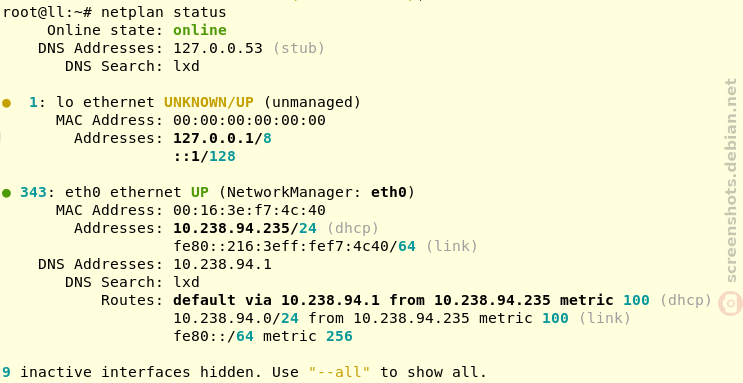
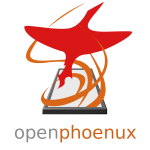
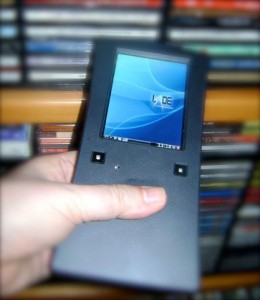
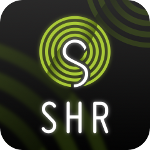


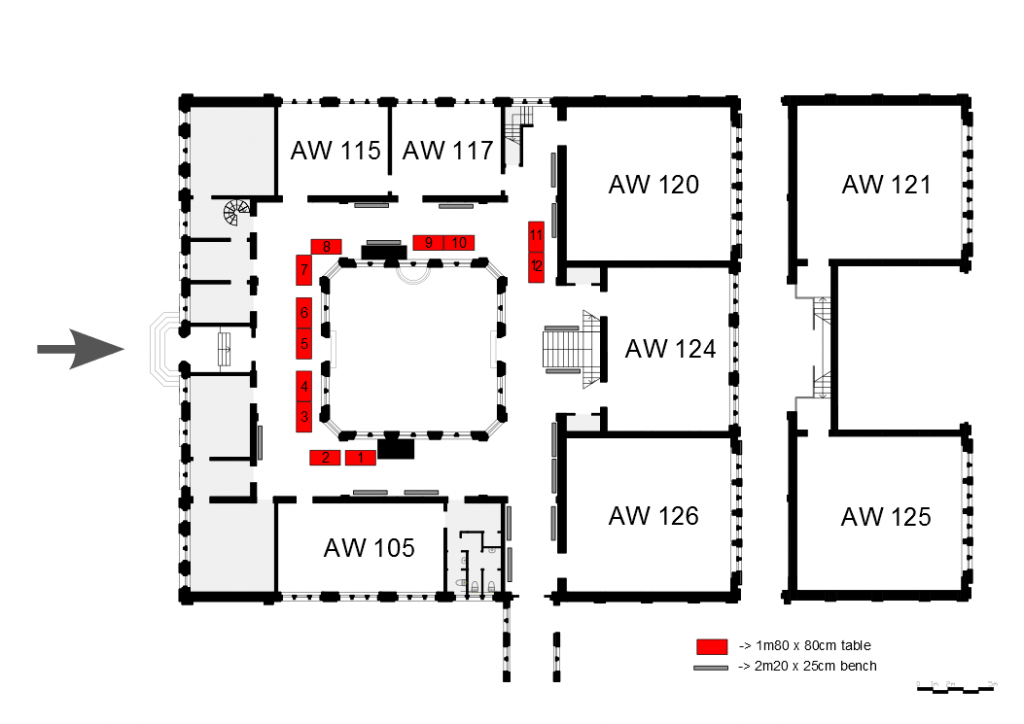
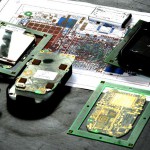
 All started off after
All started off after 